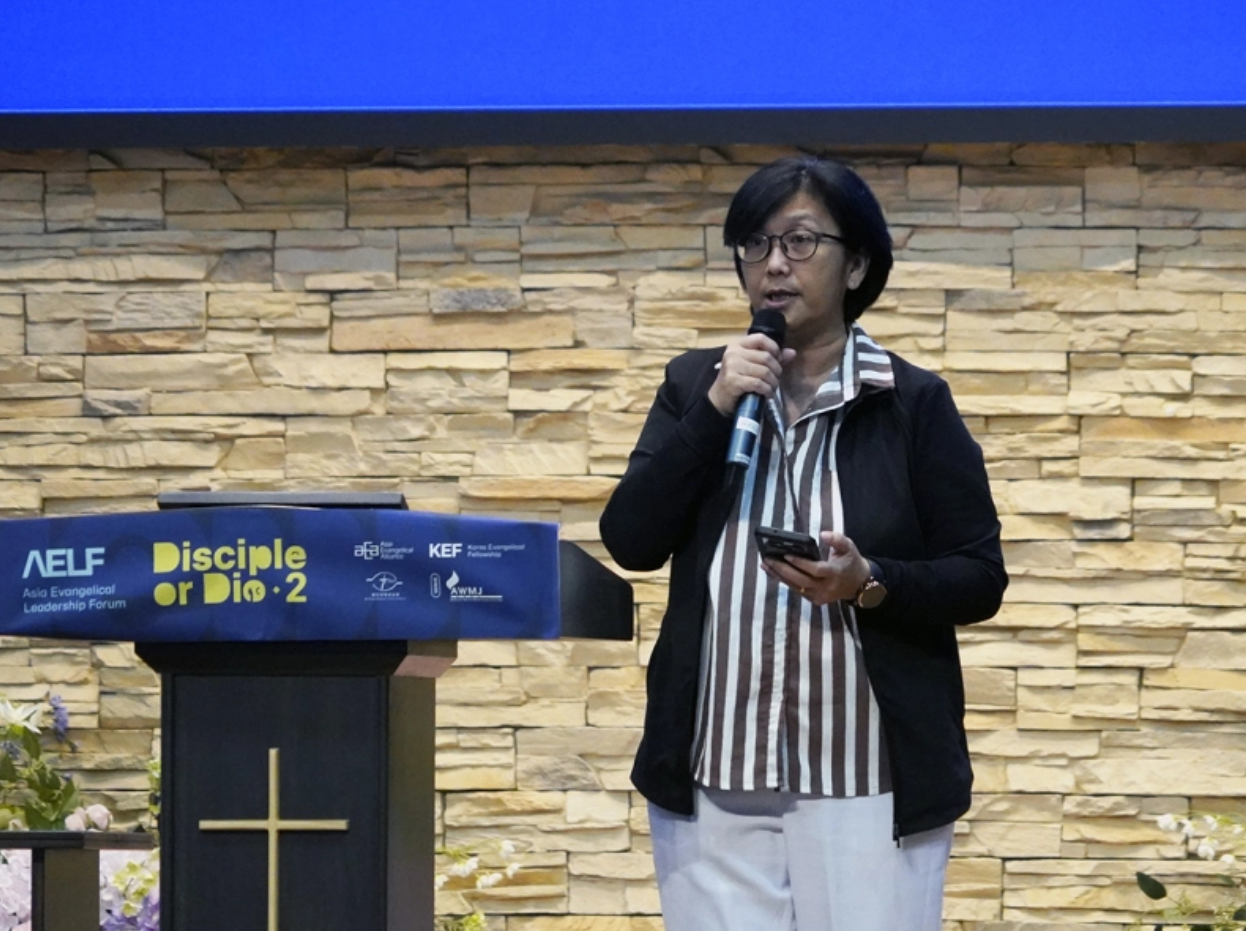How should parents talk to their children about sex, homosexuality and transgender ideology?
Abby Johnson and Christian apologist Sean McDowell talked about their perspective on how Christian parents can handle misinformation and tackle these issues in a recent episode of the “Politely Rude” podcast.
McDowell, the author of the book, Chasing Love: Sex, Love and Relationships in a Confused Culture, said adolescents have been “deeply affected by a secular way of thinking,” so much so that “they don’t even realize it.” That reason, and because his own children are in high school and the third grade, are partly why he’s felt called to address these issues and arm youth with the Word.
McDowell said he hoped that, through the book, he could help his own children and other young peopled “weed through some of the lies and misinformation” in today’s culture.
Growing up in the late ’80s and early ’90s, in which the purity culture was born, McDowell said his father instilled in him the foundations of thinking about sexuality in a biblical way.
“I grew up hearing that message. And as a whole, am so grateful for what my dad taught me and helped me think biblically about sexuality. But, times have changed radically,” McDowell told Johnson.
“I don’t see any book that’s really honest and frank and biblical, that deals with some of the contemporary challenges that kids are facing. Whether it’s sex abuse, whether it’s pornography, whether it’s LGBTQ conversation; framed in a thoughtful, biblical manner that’s easy to read, full of stories.”
McDowell added that he “just didn’t see the book that I could give to somebody and say, ‘here’s the one book that you can work with your kids using these truths.’ So I wrote it.”
His book was written with children in mind, McDowell said, as it includes three separate sections of information on topics that might challenge them as they grow up.
“The first third of the book is, I think our kids are so affected by secular thinking that I have to reveal to them their faulty views of freedom, faulty views of identity, faulty views of love — clear away these faulty ideas,” McDowell said.
“And then, the middle of the book is God’s design for sex, singleness and marriage. And then, the last third of the book is where I start walking through some of these thornier issues like: cohabitation and divorce, sex abuse, transgenderism,” he continued.
Johnson said she, too, has had to find ways to explain to her 15-year-old daughter about topics that she views as ongoing challenges to youth growing up in today’s culture.
Johnson said she remembers when her daughter expressed concern over the Bible’s stance on homosexuality after she heard the topic addressed in her theology class.
“In our home, we talked about these [topics] very openly from a biblical perspective. But I remember her coming home to me one day [after] I picked her up from school, and she says, ‘Mom, I just feel like we’re being mean. … I just don’t feel like we’re being very nice to people who are gay,’” Johnson recounted.
“And then I thought, ‘OK, now, you know, we’ve got to switch gears here and talk about what is compassionate, what is loving.’ And so, it was sort of a shifted framework.”
Johnson asked McDowell how he responds to youth being taught by society “that it is unloving to deny people their desires.”
McDowell said if his daughter came to him and said the Bible’s stance on homosexuality is “mean,” he’d redirect her in conversation to better understand what love is by presenting her with a series of questions surrounding the topic.
“I would say, here’s my question: ‘Are you saying we’re just not treating gay people well? Or are you saying our theology and our position itself is ‘mean’? Because those are very different things, or are you saying it’s both?’” McDowell said.
“For me, I want to unpack. Because the narrative is, it’s our theology. It’s our position itself that causes harm, and it doesn’t matter how kind you are, if you don’t change your theology, that’s not loving. That’s where I say ‘timeout. Let’s go back to what we mean by ‘love.’”
The reality, McDowell said, is that sometimes culture approaches love correctly, while other times, culture gets it wrong.
“We understand that love is sacrificial for the other, but sometimes our culture gets it wrong and assumes that love is affirming however anybody identifies and feels about themselves,” he explained.
“So with a young person, I’m going to do a couple of things. I’m going to say, ‘is it ever OK to push back on somebody’s desires? Do we ever have desires that are not right?’ And the answer is, ‘of course.’”
McDowell further explained that oftentimes Christian adolescents tend to be “softly affirming” because of a fear of coming off as judgmental and not accepting.
“They know what the Bible says about the nature of marriage, that it is one man, one woman for life. They know you shouldn’t look at pornography. They know that cohabitation probably isn’t God’s design, but they don’t have a clue why,” McDowell noted.
“The vast majority of kids in the Christian church, Christian schools, don’t have a clue why it’s best for kids to have a mom and a dad. Why your gender should match up with your biological sex. Why marriage is a sex-gendered institution. They don’t have a clue why. So their answers are basically: ‘What the Bible says, my parents taught me, I learned this in Bible class.’ That is shallow. There’s no conviction there.”
McDowell said it’s important for parents and leaders to have conversations with children about why they should take the Bible’s stance. Most children, he added, are not opposed to having conversations surrounding biblical reasoning behind doing it God’s way.
“Many people are not having these frank conversations just about sexuality when kids are getting drowned in this from the culture. But many of them just naturally think a biblical sexual ethic is totally outdated [or that] ‘Nobody really lives that anymore,’” McDowell said.
On the issue of teaching children to practice purity by avoiding sex until marriage, McDowell warned about what he called the “sexual prosperity gospel,” which he defined as children being told, “‘if you just don’t have sex … then God will reward you with awesome sex, an awesome mate and a wonderful family life.”
“Part of the problem with purity culture is, ‘if you do this, and don’t do that, you get a reward,’ which is really a selfish way of trying to get people to not have sex. That’s one fair critique,” he pointed out.
Another valid critique of purity culture, according to McDowell was the pressure put on girls to dress modestly or else they could be blamed for the lust in young men.
“Although I think modesty is a biblical notion we need to talk about, it was framed in a way that was, I think, unbalanced between guys and girls, and often led to shame in many girls,” McDowell said.
Another topic that has been under debate among Christian parents and their children, according to Johnson, was a “transgenderism push” that was unheard of a decade ago.
McDowell said that after he read Irreversible Damage by Abigail Shrier, he was able to understand more clearly some possible reasons why there’s a higher trend in transgenderism among youth.
“I think she [Shrier] basically says, it’s really hard to be a girl ever in history, but especially today with all the pressure on body image and social media. And this is one way that a kid can kind of have power. That kid can have identity. A kid can be celebrated and fit in.”
Originally published on The Christian Post
(c) The Christian Post, used with permission




